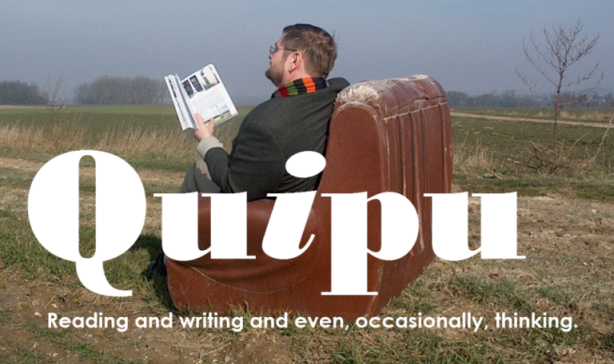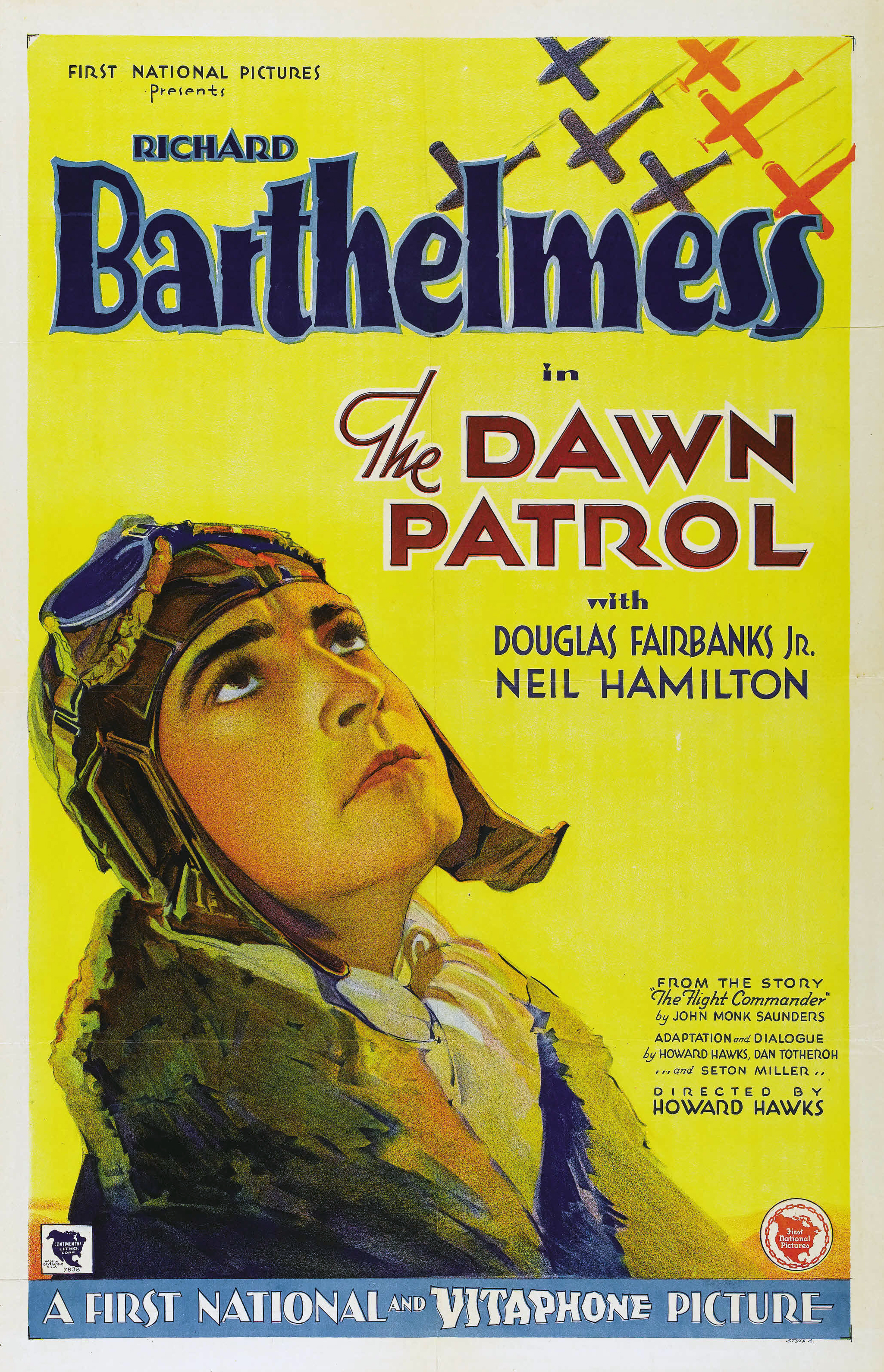Previous First
[Continuing chapter four]
Casey shook his head slowly as he watched Lily disappear into the crowd, presumably to work her way to the dining-room door not currently blocked by Jerry Straebo. After she'd gone, he realized that she was one of the few people he'd seen tonight in what he'd consider reasonable dress for a Saturday night in Los Angeles.
Brett Kerry, on the other hand, looked like—well, a lot like Casey did: threadbare sweater over stained white shirt, and trousers that might have been dressy before their encounters with oil and dirt. He approached Casey grinning, then made a point of holding up Casey's arm and laying his own alongside it. "I win," he said. "Mine is without doubt the filthier of the two."
"I'll bet yours didn't get dirty the same way," said another man, and Casey realized that the two men behind Kerry were actually accompanying him.
"We've been looking for you, Casey," Kerry said. His voice had an alcoholic lilt to it that reminded Casey of every mess-room binge he'd ever joined. "This is someone I want you to meet."
Kerry stepped aside as if to present a lady being sawn in half, or possibly an elephant. What stepped forward was a tall, tanned, ridiculously good-looking man with an athlete's build and a good deal too much Scotch in him. "It is a pleasure and an honor, sir," the man said, extending his hand. His voice slipped and nearly fell trying to negotiate the sibilant sounds of the greeting.
"Casey," Kerry said grandly, "allow me to present John Monk Saunders, late of the U.S. Army Air Service and currently of First National Studios. Saunders, this is Casey, first name or last or possibly both, late of the Royal Flying Corps and Royal Air Force." Casey, trying to remember where he'd heard the man's name before, shook the offered hand.
"You certainly look like an actor," Casey said, hoping it would be taken as a compliment.
"Doesn't he just, though?" Kerry said. "He is in fact a writer, though, which means that he is despised by actors everywhere."
"And most producers too," Saunders said. "The writer's lot is a tragic one."
"You look like you're suffering, old man," the third member of the party said. "You really do."
"This fellow," Saunders said, bringing the third man forward, "is a scion of Hollywood royalty, Casey. You should bow down or genuflect or some such in front of him."
"Balls," said the third man. "If I wasn't utterly beholden to you, Saunders, I'd thrash you for that."
"It's ridiculous that I should have to beg for you to get that part," Saunders said. "I do not want you to be—I do not want you beholden to me." He shook his head, slowly, as if uncertain of his ability to stay vertical. "Damn, but this erudition takes a lot out of a man."
"Or is it what Tony Cornero's gin puts into him?" Kerry asked.
Casey extended his hand to the third man, a younger fellow with a somewhat lean, triangular face and chiseled matinee-idol looks. "We could be standing a while if we wait for Mr. Saunders here to complete the introductions. I'm Casey. I'm just a pilot."
"I'm Doug Fairbanks, Jr. I'm just an actor, and not much of one at that."
"My turn to say 'balls' now," said Kerry. "You're a fine actor, Doug, with a great voice. Now that everyone's making talkies you're going to be a star."
"Not at the rate I've been working. With the parts I've been getting lately I'm thinking I might as well go back to Paris."
"Nonsense." Saunders clapped a hand on Casey's shoulder; the resulting shock sent a small tidal wave through his champagne, most of which wound up on the dining-room rug. "Casey, I'm trying to get Doug here a part in a movie I'm writing. It's a pip of a role—not the lead, of course, Dick Barthlemess is doing that. But it's a splendid part, even if I did write it myself. Now, Kerry here tells me you were at the front during the War. I'm thinking—"
"That a chat with me would help Mr. Fairbanks land the role?" Casey was about to ask why Saunders couldn't provide the insight himself when it occurred to him that if they wanted his advice about a movie role, that movie must involve flying. That could mean another job. Making friends with Hollywood types, he decided, was sound strategy. So instead of begging off he said, "Why not? It wouldn't hurt to have a realistic portrayal of what war flying was like."
"Wasn't
Wings realistic?" Kerry asked, stifling a giggle.
"In parts," Casey said. "I thought a lot of it was overdone and sort of stupid. Since you asked."
"Ouch," Saunders said, doubling over as if he'd been shot.
Seeing the man's tortured expression, Casey shut his eyes and groaned. Images of Howard Hughes flashed before him. "From now on," he said, "I'm just going to keep my damned mouth shut. That, or just say that I loved it whenever anyone asks me anything about a movie."
"A splendid survival tactic," Kerry said.
"Mr. Saunders, of course, wrote
Wings," Casey said. "Right?"
"Right," Fairbanks said. "In the sense that it was based on his novel—his
unfinished novel, I should add. But he oughtn't complain. Paramount paid him so much for that picture that he'll never have to work again."
"As if money was everything," Saunders said. He sobbed theatrically.
"You mean it isn't?" Casey asked. "Would you mind telling my creditors that? So long as you don't tell them how to find me, that is."
"I think that we're going to get along famously, Casey," Fairbanks said. "Let's have another drink and get started on the lesson."
The lesson quickly degenerated into an impromptu concert of Flying Corps drinking songs. Several glasses of champagne later, Casey found himself at the centre of a choir that included—Fairbanks informed him—not only their host but several of Hollywood's rising stars. Young men named Gary and Buddy and Charlie added their voices to the wailing, as did a completely inebriated jug-eared fellow with a bizarre name who sang beautifully. That stood to reason since jug-ears was, someone said, not an actor but a singer making a movie with the band-leader Paul Whiteman.
The dining-room was beginning to feel uncomfortably crowded, so when the choir abruptly shifted from "The Dying Aviator" (“take the cylinder out of my kidney/The connecting rod out of my brain (my brain)/From the small of my back take the crank-shaft/And assemble the engine again”) to an extremely vulgar variant of the endless song about the mademoiselle from Armentières, Casey slipped away from his erstwhile companions and out of the room. His hair was plastered to his skull by sweat, and the heat generated by all of the milling bodies was making him uncomfortably aware of the sweater he was still wearing. He decided to go outside until he'd cooled off.
He got as far as the billiard room.
Next Prologue Chapter One Chapter Two Chapter Three Chapter Four









